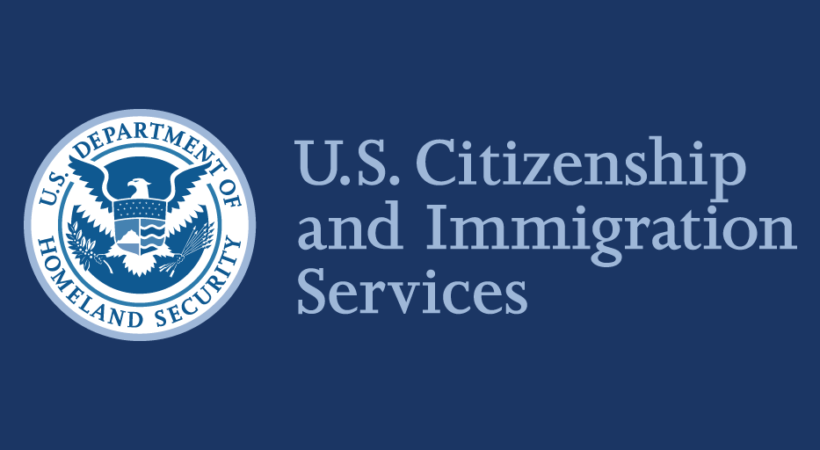Immigration organizations urge USCIS to expand premium processing service to promote greater access to the legal immigration system

1.36 lakh children from Indian families fall in the green card backlog and 84,675 of them (or 62%) will age out without getting a green card, according to a study conducted recently by David J. Bier, an immigration policy analyst with a US-based think-tank Cato Institute.
Now, Forbes has reported that 17 prominent immigration organizations have sent a letter to the USCIS to expand premium processing service which would promote greater access to the legal immigration system, which is a priority of the Biden Administration.
The organizations mentioned in the letter that the USCIS had generated substantial revenue from its premium processing service, which allows for certain petitions to be processed within 15 calendar days for an additional filing fee of $2,500.
As of the end of its 2019 fiscal year, USCIS has raised $648 million in this regard and it is estimated that the USCIS could raise an additional $385–$626 million in annual revenues by expanding premium processing to the forms authorized for immediate eligibility by Congress, the report said.
The letter added that it can also avoid USCIS’s hiring freeze, and also help the agency to become more efficient in its adjudication of immigration applications while promoting greater access to the legal immigration system.
The organizations urged the USCIS to use the Emergency Stopgap USCIS Stabilization Act, to expand premium processing to additional form types.
Here are the important points in the letter according to the Forbes report:
1. USCIS should prioritize allocating some of the fees collected through its premium processing service to address the agency’s processing delays, in particular for applications that are not currently eligible for premium processing.
2. USCIS should ensure that processing times for regular processed applications are not negatively impacted by the expansion of premium processing.
3. Speed up processing for employment authorizations, extensions and change of status applications, including expediting family members who now are not eligible to be included in a premium processing adjudication, and certain H1B visa application currently not covered by premium processing.
4. Expand premium processing to I-140 petitions for applicants applying for a National Interest Waiver (EB-2 NIW) or as a Multinational Manager or Executive (EB1-c).
5. USCIS should eliminate its in-person interview requirement for routine cases.
6. USCIS should reinstate the agency’s 2004 “deference” policy respecting previous decisions on immigration issues decided by USCIS in the past when adjudicating new ones.
7. USCIS should reuse all biometrics that have been captured within the past five years for any form type and waive the biometrics requirement for individuals under the age of 14 or above the age of 65, as well as for applicants who have been previously vetted, such as Form I-539 and naturalization applicants.
8. USCIS should stop rejecting applications due to alleged incompleteness or blank spaces, a policy which is inefficient and costly.
9. USCIS should issue Requests for Evidence (RFEs) and Notices of Intent to Deny (NOIDs) more judiciously.
10. Speed up the intake of applications filed with USCIS, by timely cashing of filing fees, and expanding the online filing option to more immigration benefits.
11. USCIS should refrain from publishing new editions of forms unless comments have been submitted by the public supporting the need for changes to the current edition of the forms.
A recent article published by Brookings that reviewed the proposals of 14 major organizations on how to improve U.S. employment based immigration after the 2020 election, found that there were four dominant plans: (1) remove impediments to immigration; (2) improve the predictability of the immigration system; (3) resume the use of discretion by immigration officers; and (4) expand customer service, the report added.















